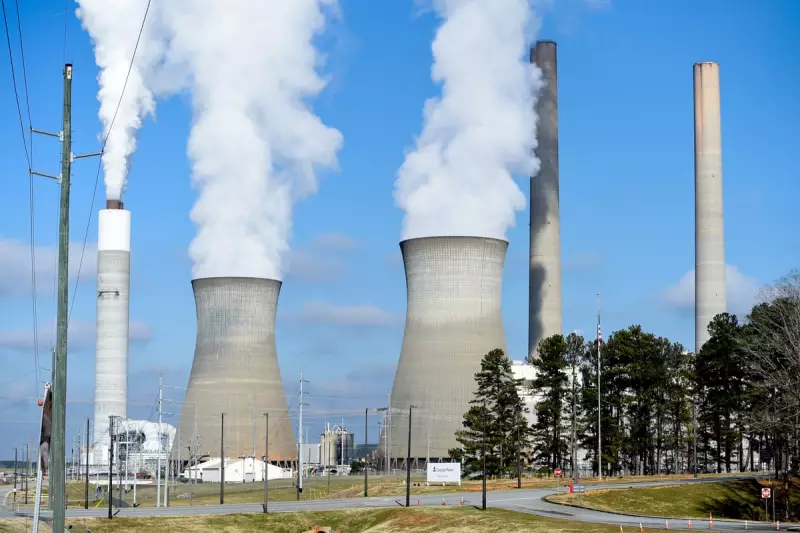
Georgia is facing an unprecedented electricity crisis as the explosive growth of power-hungry data centres pushes the state's grid to its limits, threatening blackouts and sending consumer bills soaring.
The Silicon Valley of the South Hits a Power Wall
Once celebrated as an emerging tech hub, Georgia now grapples with the dark side of its digital boom. Massive data centres—the invisible engines behind everything from cloud computing to cryptocurrency—are consuming electricity at staggering rates, overwhelming the state's power infrastructure.
"We're witnessing a fundamental shift in our energy landscape," explains energy analyst Michael Patterson. "These facilities don't just use power; they devour it. A single large data centre can consume more electricity than a medium-sized city."
Consumers Bear the Brunt
As Georgia Power scrambles to meet this surging demand, ordinary residents are paying the price—literally. Electricity bills have seen sharp increases, with further hikes likely as the utility company invests billions in new infrastructure.
Local resident Sarah Chen expressed the frustration many feel: "My power bill has jumped 30% in two years. It's becoming a choice between keeping the lights on and putting food on the table."
A Regulatory Crisis Unfolds
The situation has exposed critical flaws in Georgia's energy planning. Unlike some states, Georgia lacks specific regulations governing data centre energy use, allowing the industry to expand without adequate consideration of grid capacity.
Key concerns include:
- Inadequate long-term energy planning
- Lack of renewable energy requirements for new facilities
- Limited transparency about future data centre projects
- Growing water consumption for cooling systems
The Environmental Cost
Beyond the immediate grid concerns, environmental advocates warn of another troubling trend: the potential resurgence of fossil fuels. To meet the relentless demand, there are discussions about delaying the retirement of coal plants and building new natural gas facilities.
"We're at a crossroads," says climate activist David Rodriguez. "Do we sacrifice our climate goals to power Bitcoin mining, or do we implement smart policies that balance economic growth with environmental responsibility?"
Searching for Solutions
Some potential solutions gaining traction include:
- Implementing tiered electricity rates for industrial users
- Requiring data centres to incorporate renewable energy
- Developing regional energy sharing agreements
- Investing in grid modernization and battery storage
The clock is ticking for Georgia's policymakers. As one energy expert noted, "The problem isn't going away. If anything, with artificial intelligence and more digital services coming online, the demand will only intensify."





